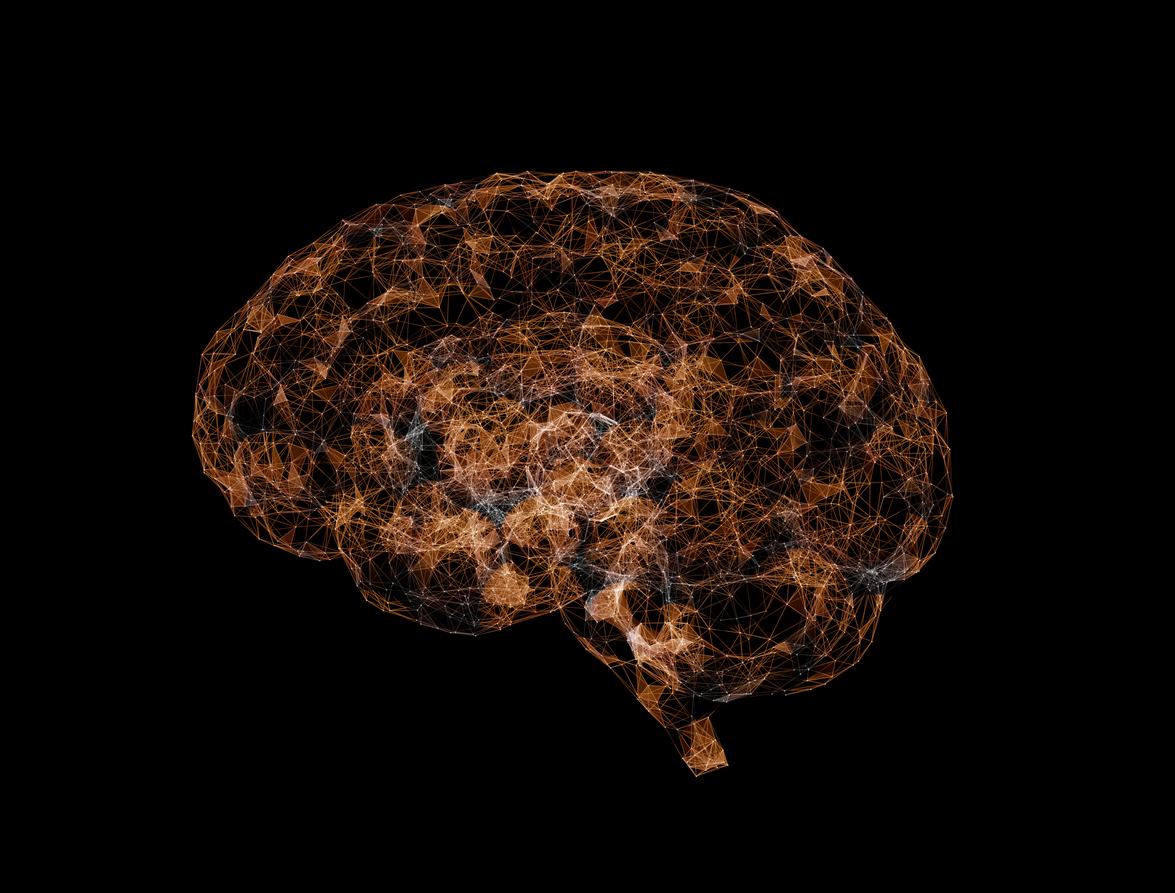Google creates Calico, a company that will fight against aging. In its quest for immortality, the American giant has two strengths: its finances and its ability to process an astronomical amount of data.

Google, stronger than death? It is ambition that is emerges from the creation of Calico, a company launched by the Internet giant which aims to tackle “health, well-being and more particularly the challenge of aging and associated diseases”.
If Google is known for Internet search, mapping, emails and targeted advertising, which are its core business, the Mountain View firm has also recently been illustrated by its desire for all-round innovations, the “wearable”. computing ”(smart clothing) like Google Glasses, to self-driving cars. But this time around, Larry Page, the co-founder and CEO of Google, has set himself a much more ambitious goal: to defy death. Interviewed by Time Magazine, who makes his headlines on the subject, Larry Page explains that Calico is seen as a long-term investment: “I’m not proposing to spend all our money on speculative things, but we should spend the equivalent of what the companies Normals allocate research and development to longer-term and slightly more ambitious projects. ”
“It is first and foremost a computer business”
If we know that Google is sitting on 54 billion dollars of cash – which allows all the hopes -, it remains to be seen how Google will be able to advance knowledge of aging. For Laurent Alexandre, urological surgeon at the origin of Doctissimo and founder of the DNA decryption company DNA Vision, the answer is obvious: “The fight against death is first and foremost a matter of computer science. In the years to come, medicine will become more and more the monopoly of the actors of the big data, that is to say companies capable of making correlations between billions of data items. And the most advanced in techno-medicine is Google. ”
Listen to Alexandre Mignon, professor of medicine, anesthesiologist and director of iLUMENS. “Calico could provide a better understanding of the molecules involved in aging and block the signals of aging. ”
If Google has not elaborated on the future operation of Calico, nor on its financing for the moment, the New York Times – who managed to interview Arthur Levinson, the former boss of Genentech, a pioneer in biotechnology, and who will be at the head of Calico – explains that in the early days, Calico’s research will be done by funding university researchers, although it is possible that Calico will eventually hire its own researchers.
Tackle not one, but all diseases
It remains to be seen which diseases Google wants to tackle. In the article by Time Magazine, Larry Page calmly explains that “solving” cancer is not necessarily a major ambition of the group: ” If you fix the cancer, you add about three years to the average life expectancy. We think that solving cancer could change the world, but when we take a step back, we see that there are a lot of tragic cases of cancer, and it is very sad, but that overall, it would not be a such a big step forward.“
If the quote may sound drastic, there is an explanation. Google will go ” beyond traditional medicine. Cellular engineering will surpass the fight against individual diseases “, explains Laurent Alexandre. Clearly, Google’s goal is not to cure one disease in particular, but to cure all of them.
Health data at the mercy of Google
Nothing philanthropic, however, at the Mountain View firm. The anti-aging industry reportedly grossed $ 1.6 billion in 2012 and could even bring in up to $ 20 billion by 2025. So it’s likely that Google wants its piece of the pie.
Listen to Alexandre Mignon, professor of medicine, anesthesiologist and director of iLUMENS. “That there is money and that health will become a huge sector of economic activity tomorrow, it is obvious.”
However, there remains a negative point: the latest revelations of Edward Snowden in the context of the PRISM affair and the NSA espionage have taught us that the IT giants, including Google, had delivered to the American intelligence services the data of their users. It is therefore legitimate to fear that Google may be forced to do the same with regard to medical data. For Laurent Alexandre, the choice is simple: ” Either you will trust Google and live longer, even if it means the CIA looks at your personal health data, or you will simply live less.“
.

















